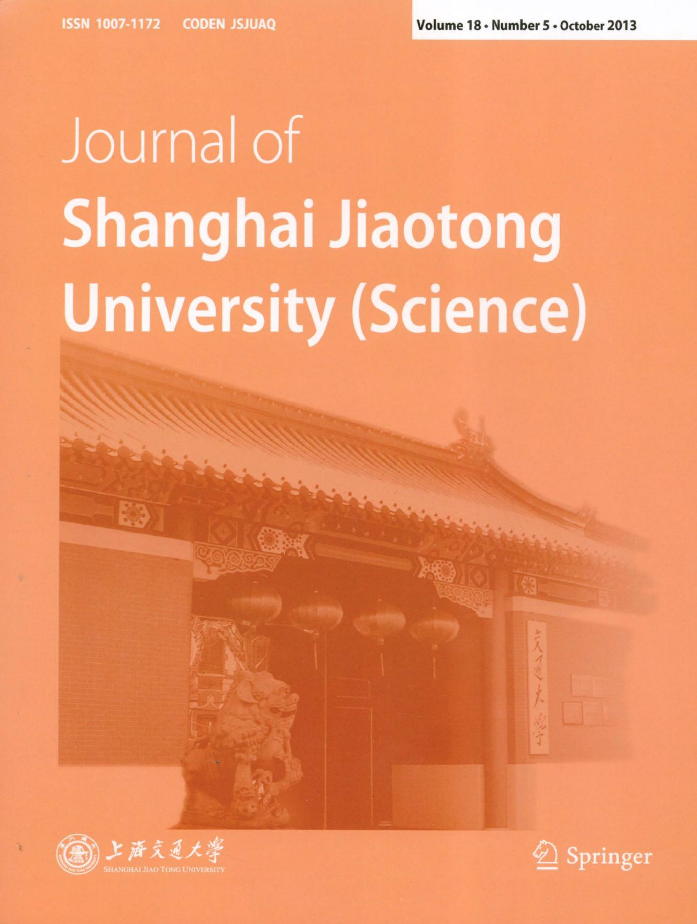Cognitive radio, which is capable of enabling dynamic spectrum access, is a promising technology in future wireless communication. The feasibility of cognitive radio network greatly depends on the energy efficiency and reliability of spectrum sensing technology. In this paper, spectrum sensing in cognitive ad-hoc network (CAN) with wide-band dynamic spectrum is considered. A cognitive cluster head (CCH) is set and responsible for dividing the wide-band spectrum into multiple sub-channels; it can either sense sub-channels in a centralized manner, or make use of sensing modules to sense sub-channels in a distributed manner. Then cognitive users (CUs) can get sensing results and access to the available sub-channel. We take the cost of control message into consideration and formulate the energy consumption of CAN in terms of sub-channel sampling rate and whole-band sensing time. We define energy efficiency intuitively and solve the energy efficiency optimization problem with sensing reliability constraints by constructing a parametric problem and obtain the optimal sampling rate and the wholeband sensing time. Power dissipation model of a practical A/D convertor (ADC) is introduced, and numerical results are given to show the energy efficiency performance of two different sensing manners.

